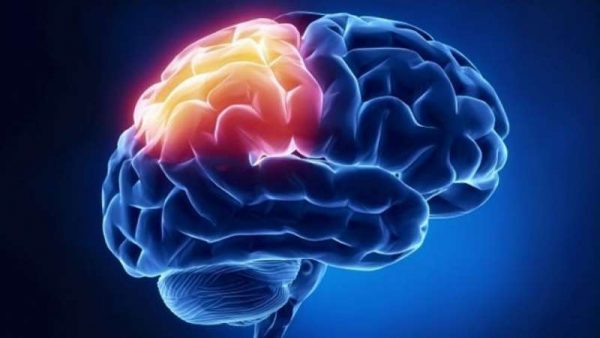Chronic and repeated episodes of depression can shrink the hippocampus, an area of the brain responsible for memory and emotion, an international study has revealed.
 The results highlight the urgent need to treat depression in teenagers, the authors emphasised.
The results highlight the urgent need to treat depression in teenagers, the authors emphasised.
But with the treatment, the damage is reversible, the study said.
“The more episodes of depression a person had, the greater the reduction in hippocampus size,” said Hickie, from University of Sydney’s brain and mind research institute and member of the large study.
The participants experienced their first depressive episode when they had a normal hippocampus size. The shrinking began afterward.
For the study, 15 research institutes from across the world collaborated and examined the data of 8,927 people, 1,728 of whom had major depression and the rest of whom were healthy, the Guardian reported.
The researchers found that 65 percent of the depressed participants had recurrent depression and it was these people who had a smaller hippocampus.
“Persistent depression does more harm to the hippocampus the more you leave it untreated. The damage to the brain comes from recurrent illness,” Hickie said.
“Treating depression effectively does not just mean medicines. Social interventions are just as important,” the author said.
Antidepressants can have a protective effect but these are not the only treatment.
In young people, “psychotherapy should be explored as the first line of treatment,” the study emphasised.